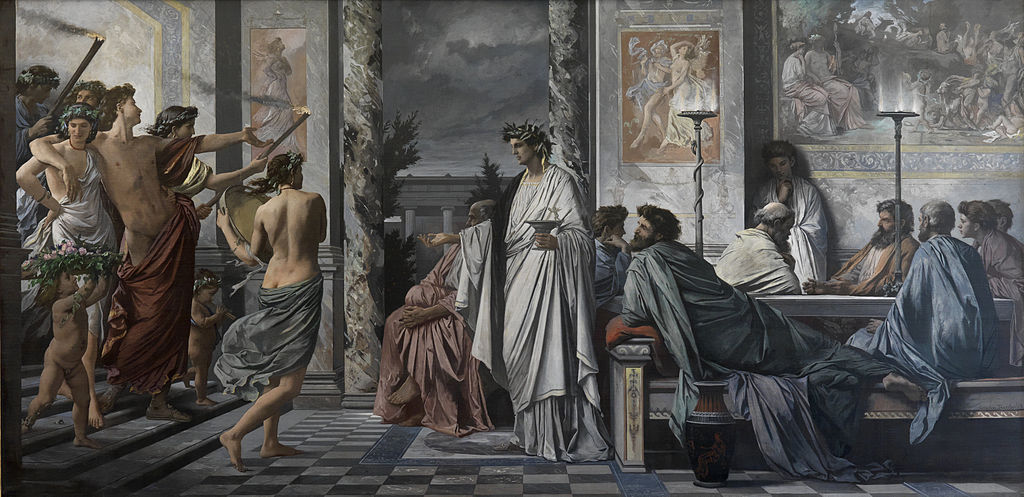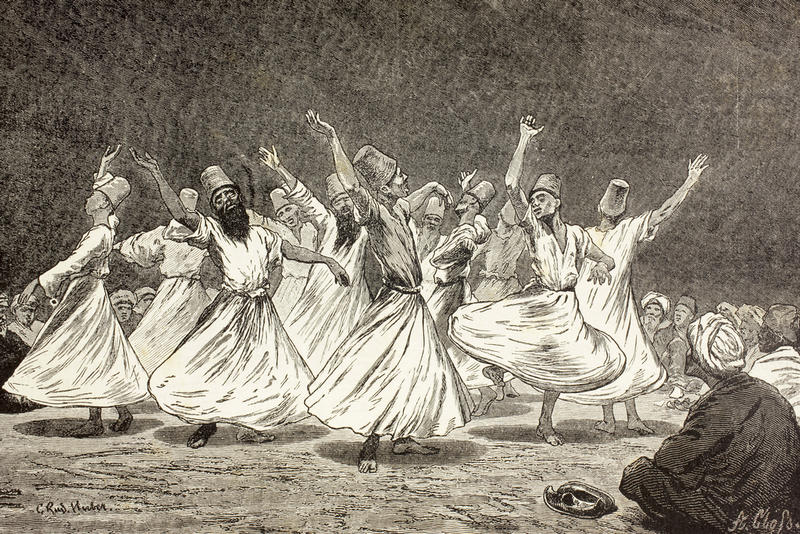| Queer Antiquities | Ted Gott (NGV) & Bernie Lewin (PAM) in dialogue | 3pm Saturday 20 Aug | Level 3 NGV International (St Kilda Rd) |

The Platonic Academy of Melbourne
Platonic Mysticism and Science
| Queer Antiquities | Ted Gott (NGV) & Bernie Lewin (PAM) in dialogue | 3pm Saturday 20 Aug | Level 3 NGV International (St Kilda Rd) |


Enrolments are now open for Winter evening classes starting the week of Monday 21 June.
Those new to philosophy and Plato would best take our foundation course Reading Plato (online) [BOOKINGS CLOSED]. For continuing students who missed out last Spring, Platonic Love [BOOKINGS CLOSED] is offered again, and this time in the Lonsdale Street classrooms. In this popular and accessible course, Plato’s Symposium comes alive with readings from the famous (notorious!) drinking party speeches. The theme of love continues with the Phaedrus, which includes the famous myth of the soul as a winged-horse Chariot.
Below the surface frivolity, there is in fact lots of provocative philosophy running through the Symposium and Phaedrus. However, if you are one of those hardcore philosophy nuts, then you might otherwise wish to join the group currently reading Theaetetus. For Winter term, they have decided to go on and tackle Plato’s Sophist [BOOKINGS CLOSED].
This meandering attempt to define the character of ‘the sophist’ – the teacher of rhetoric – starts deceptively playful. But then, towards the end it shifts gear as it enters into the ‘higher dialectic’ (as referenced in the Republic) to give Plato’s answer to Parmenides in the most advanced version of his so-called ‘Theory of Forms’. This is Bernie’s favourite dialogue, and he can’t wait to show you how it presents the peak of Plato’s achievement.

Last night in Platonic Love we discussed how Plato identified the motive of love for a beloved with the motive for wisdom, remembering after all that his practice was called ‘philosophy’, which literally means ‘love of wisdom’, love of Sophia.
Plato’s Symposium is one source of a tradition of mysticism where a powerful desire for Sophia drives the soul upwards towards the beloved first principle. When finally arriving at desireless union, the ego-self simply fades away.
Continue reading “Erotic Mysticism”